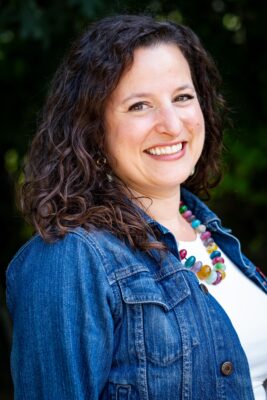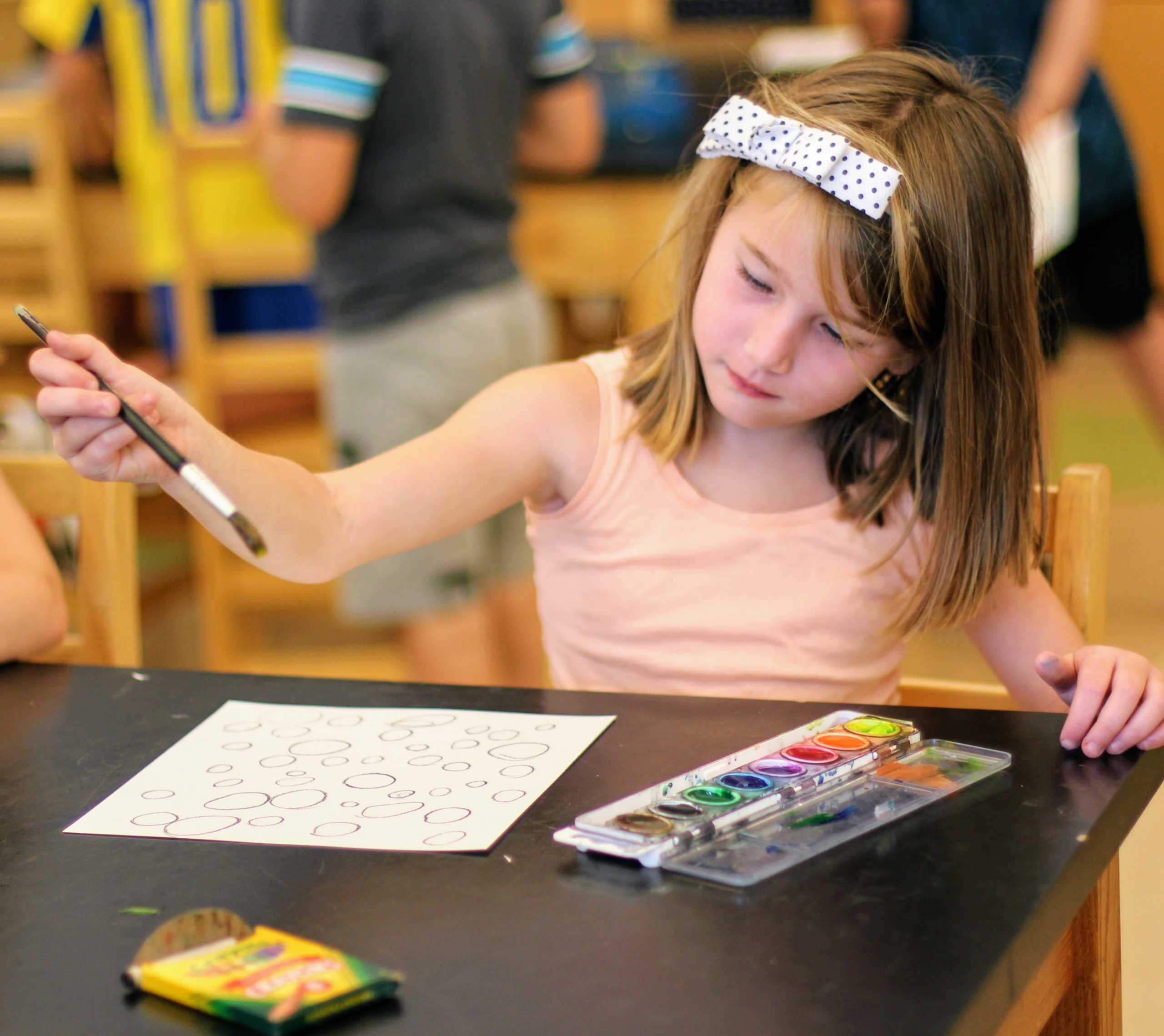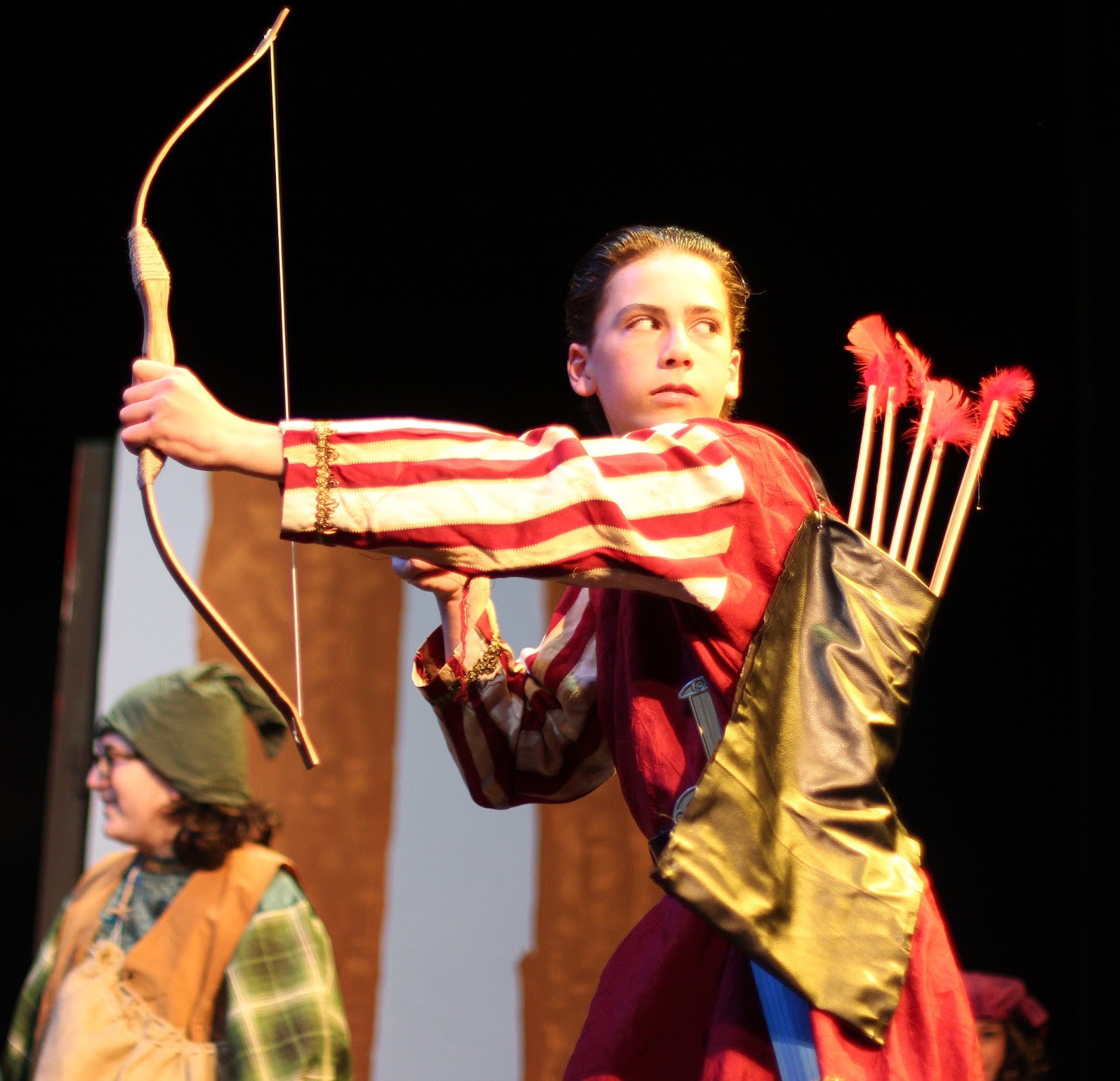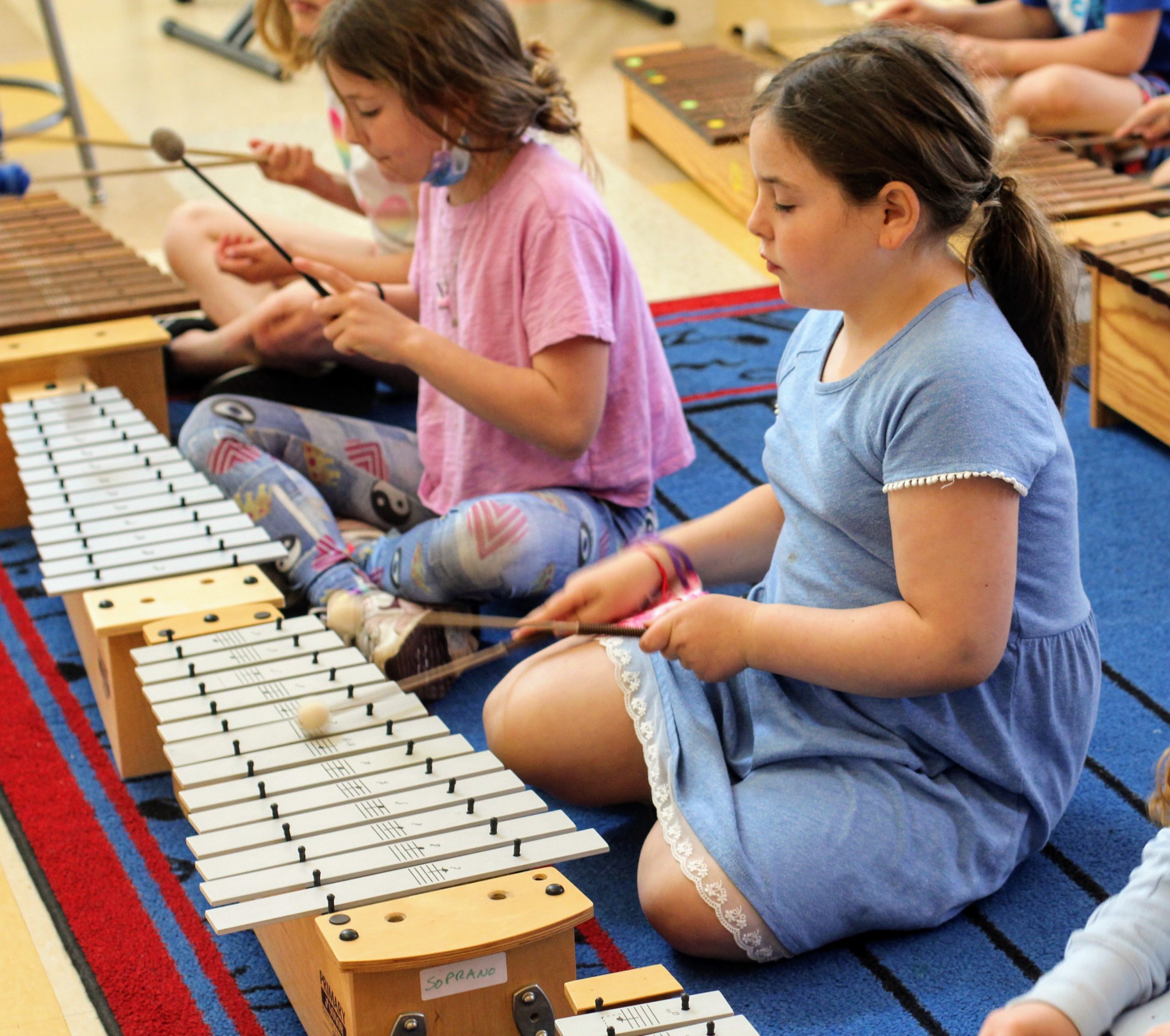THE ARTS
The arts at Rashi are an integral part of our curriculum offered to all students from grades Pre-K-8. Closely woven into the classroom curriculum, our art, music, and drama specialists meet regularly to collaborate on interdisciplinary units.
Visual Arts
Rashi students from grades Pre-K-8 use a wide range 2-D, 3-D, and unconventional materials to create work that balances technical skill and personal expression.
Art History
Often, the entry point to the projects is to begin by exploring the work of established artists, both their work and their lives. Students explore both the technical aspects—what did the artist do to create this effect?—and the historical context of the work—why did the artist create this? Through this thoughtful, deep approach, students are engaged, inspired, and challenged to create their own works of art.
Fostering Artistic Skill and Identity
Interdisciplinary Connections
Through interdisciplinary collaborations with classroom teachers, students learn that their background knowledge can inform their experience of creating visual art, and that the visual arts can enhance their learning experience. For example, third graders use research from their endangered animals project to create an illustrated “Guess Who?” poster of their animal in art class. Fifth graders design Holocaust memorial sculptures during their studies of the Holocaust.
Jewish Connections
Rashi students bring a sophisticated knowledge and experience of Jewish customs and spirituality into the art room. Students create works of art to enhance holiday celebrations both at school and in their homes. For example, fifth graders create sculptures of Maccabees from wire, clay, cloth, and other mixed media. Seventh graders create matzah plates with wood burning techniques.
Middle School Art
Middle schoolers continue the general art curriculum. In addition, Middle School electives give students a choice to explore more specifically focused themes and materials, often drawing on their interests and hobbies. Past electives have included Stop-motion animation, fashion design, “Art From the Hardware Store,” and “Inspired by Wire.”
Social Justice in the Art Room
Rashi students learn about the important role that art can play in social justice. By exploring and discussing the work and the lives of artists who experienced firsthand the effects of racism and prejudice, students learn about how art has long been an important voice for underrepresented populations. Students also study the work of many contemporary artist/activists, which provides a unique entry point for students to engage their creativity to make work that represents their desire for change in the world.
 Erica Smiley
Erica Smiley
Director of Visual Arts
1226
esmiley@rashi.org

 Bonny Parlee
Bonny Parlee
Theater Director
781-355-7333
bgolbderg@rashi.org
 Abbie Sockett
Abbie Sockett
Technical Theater Manager
1102
asockett@rashi.org

Theater
The Performing Arts are a huge part of Rashi’s culture: they are integrated in our curriculum in each grade, and every student has a role to play, either on the stage or behind the scenes. Our extensive After School Theater program offers rich opportunities for students to participate in multiple, fully-staged productions each year. Students who prefer to learn about lighting, props, sound, and set design can participate in the Middle School Theater Tech elective. Rashi students regularly receive awards and accolades through our participation in the Massachusetts State Drama Festival and Marquee Awards sponsored by The Massachusetts Educational Theater Guild (METG).
Performing develops self-confidence, teamwork, public speaking, and time management, skills that strengthen the quality of learning in all subjects – and the kinesthetic activities make all our classrooms come alive.
Setting the stage for our Drama program is our state-of-the-art theater. This 433-seat auditorium is equipped with theater-quality lighting, sound, and a/v equipment and two green rooms.
Kindergarten and Grade 1
Our youngest students begin learning the magic and excitement of theater through StagePlay – an After School elective with the goal to introduce students to the basics of theater.
Lower School Drama
Students in Grades 2-5 can participate in the after school drama elective where they produce a winter showcase and a full-length musical presentation in the spring.
Middle School Drama
After school programs in the Middle School culminate in a fall non-musical and a spring musical. Students may choose to perform on stage or work on theater tech through the elective program. They also have a chance to perform for the community through field trips to Rashi’s Jewish Community Literacy program partner school and Hebrew Rehabilitation Center, which are coordinated with the Social Justice department.
Massachusetts State Drama Festival
The Rashi School is a member of the Massachusetts Educational Theater Guild (METG). Students have the option of participating in the State Drama Festival Competition by participating in the elective. A student-driven program, middle schoolers design and perform a one-act for the competition. METG also offers various contests in the areas of Acting and Technical Design.
International Thespian Society
The Rashi School is a member in good standing of the International Thespian Society.
Music
The music curriculum at The Rashi School is designed to help children grow and develop in the understanding of music. The overall goal of music education at Rashi is to graduate students with a deep, functional understanding of music. Class work in the Lower School focuses on the following major areas of skill: Composition, Analysis, Ear Training, Rhythm (Movement), Singing (Melody), Notation, Writing, and Reading.
A Child-Centric Approach
Each grade’s curriculum is built around appropriate developmental practice with the child as the center of and responsible for his or her own learning. Lessons are designed to encourage intrinsic motivation through engaging, differentiated instruction. In music, each child is viewed as unique, naturally creative, and inherently musical.
Instruction Based in Science
Every lesson is structured to align with Carl Orff’s Schulwerk approach to Music Education. Students are encouraged to view their music classes as a series of experiments in learning based on listening, playing, and creating music. The children are an integral part of this learning process at all times and are encouraged to contribute ideas about how the lessons could proceed. Experience has shown that the children exceed levels of expectation in learning when their ideas are heard and acted upon in the moment.
Tying Music to Our Core Values
Rashi Core Values continue to be a main aspect of music classes. Every student has a unique Ruach (spirit) to bring to the musical Kehillah (learning community). The teacher emphasizes that showing Kavod (honoring each other) allows the class to practice music in a supportive environment – each one of us brings Tzedek (inner sense of righteousness and justice) to our Limud (learning and study). The combination of these values creates a place in which the creative spirit may thrive.
 Nicholas Linder
Nicholas Linder
Director of Music
1301
nlinder@rashi.org


